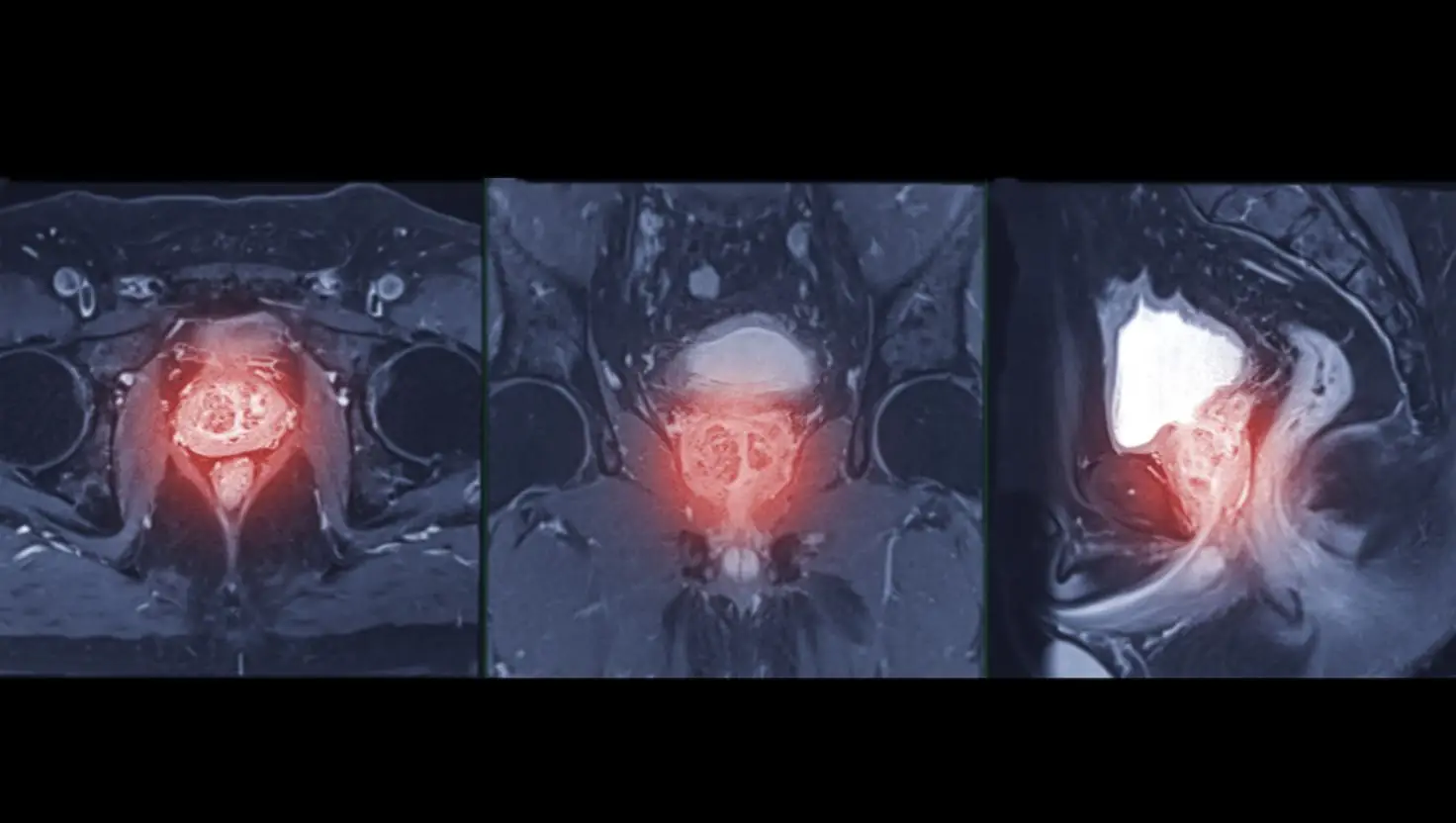
Warning: This article contains discussion of cancer that some readers may find distressing.
There's a little-known sign that could point to you having blood cancer.
Bladder cancer is almost always one certain type of cancer called urothelial carcinoma, because it starts when urothelial cells that line the inside of the bladder.
These specialised cells are also found in the kidneys, ureters, and urethra, as per the Mayo Clinic. The agency stated that common symptoms include changes in urinary habits, pain, burning and itching when peeing, and regular urinary tract infections (UTI).
Advert
But three Americans who were all given the devastating health diagnosis in the past have revealed that it was a little-known symptom that alerted them to something not being quite right.
This trio included Arthur Hamberger, a now six-time cancer survivor and doctor, Margo Wickersham, who was 57 when she was diagnosed with bladder cancer, and Ron Speidel, who chalked his debilitating fatigue up to age, diet changes and sleep patterns.

All three noticed one of the little-known signs of bladder cancer, with Ron booking in for a medical appointment the very next day, according to a reviewed article published by the University of Texas’s MD Anderson Cancer Center.
Months after being turned away by a urologist because they couldn’t ‘do a CT scan for fatigue’, Ron finally noticed blood in his urine.
“By that time, my urine was almost completely blood,” the retired police officer said. “In just one day.”
It turned out both his fatigue and the blood in his pee indicated that he was suffering from bladder cancer - the 11th most common cancer here in the UK, as per Cancer Research UK.

Thankfully, doctors were able to treat his initial bladder cancer even after it spread to other sites in the body (metastasised).
Meanwhile, Arthur said that if he hadn’t noticed the ‘little bit of blood’ in his urine back in 2018, then experts would never have discovered cancerous tumours growing in his bladder and in his pancreas.
The doctor was 73 when he was diagnosed with cancer and managed to keep his full bladder intact.
Margo told MD Anderson that the blood in her urine was ‘pink, not red’, remarking: “But I was a 57-year-old woman and post-menopausal, so there were not a lot of reasons to explain it.”
After allegedly being turned away from her first appointment, the post-menopausal woman underwent a cystoscopy, revealing a small tumour in her bladder.
Margo was diagnosed with stage I bladder cancer after a second opinion. She also had plasmacytoid cancer, a rare and aggressive type of bladder cancer with a high relapse rate.
“You can’t always go by how you feel. I felt completely fine, but I had blood in my urine,” she said.

“If your urine has blood in it, that’s a red flag. See a doctor.”
If you’ve experienced blood in your urine, the NHS advises you get checked out by a GP as soon as possible.
Moreover, if you’re unsure whether you have passed blood or if there’s only a small amount, you should still get checked out.
If you’ve been affected by any of these issues and want to speak to someone in confidence, contact Macmillan’s Cancer Support Line on 0808 808 00 00, 8am–8pm seven days a week.
Topics: Health, Cancer, Women's Health, UK News, US News, Advice
